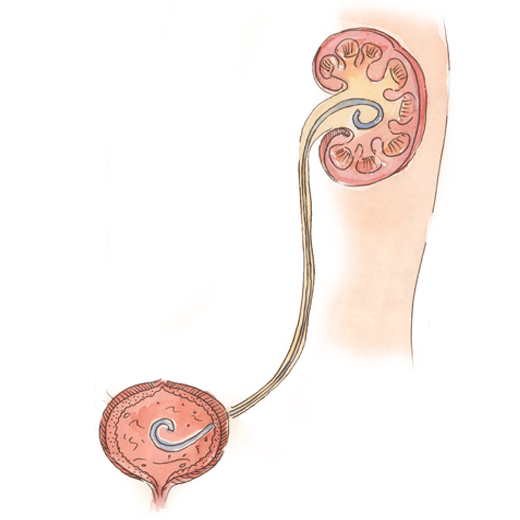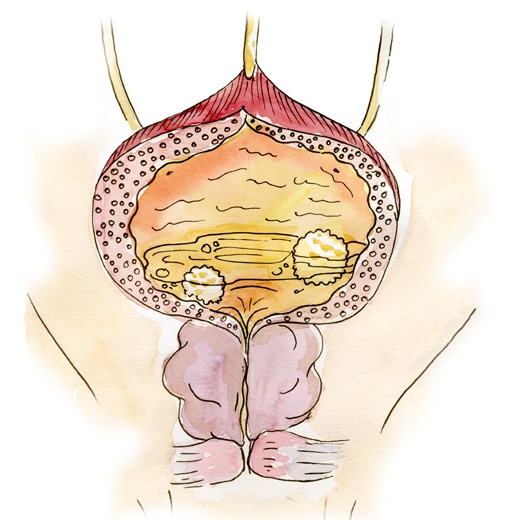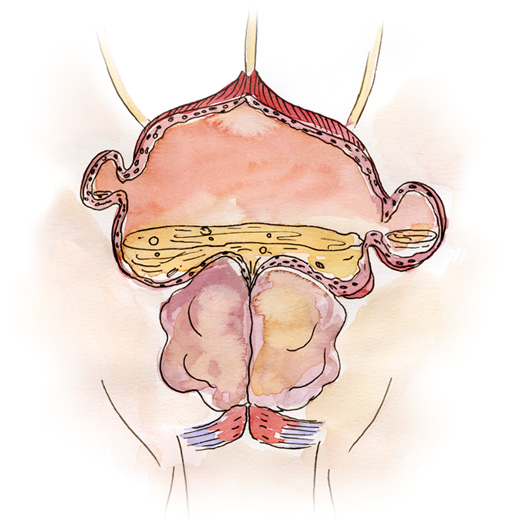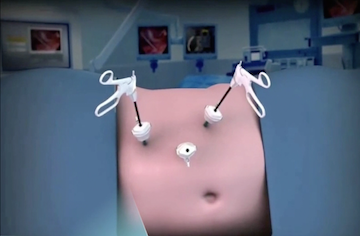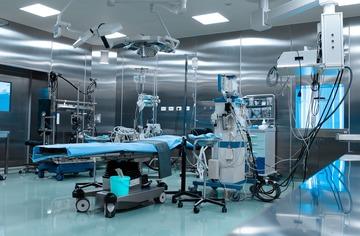Bladder Stones
Bladder stones is one of the manifestation of kidney stone disease, when due to many reasons stones start forming in the bladder. They may end up in the bladder after “falling out” of the kidneys or ureter or actually form in the bladder itself.



